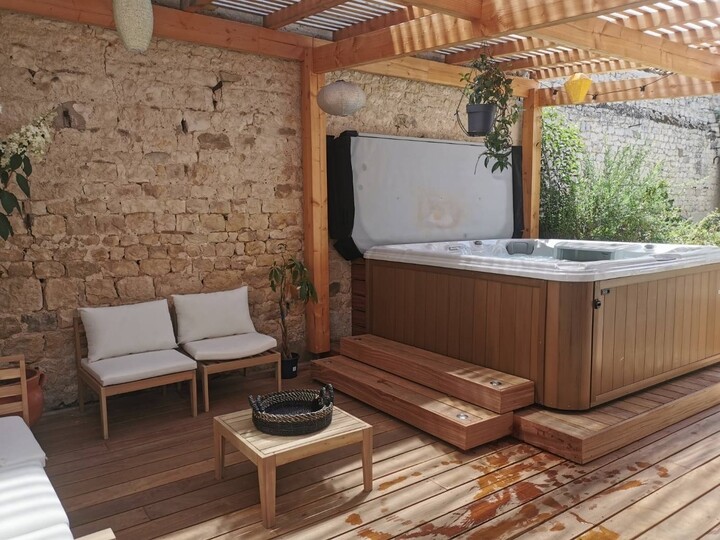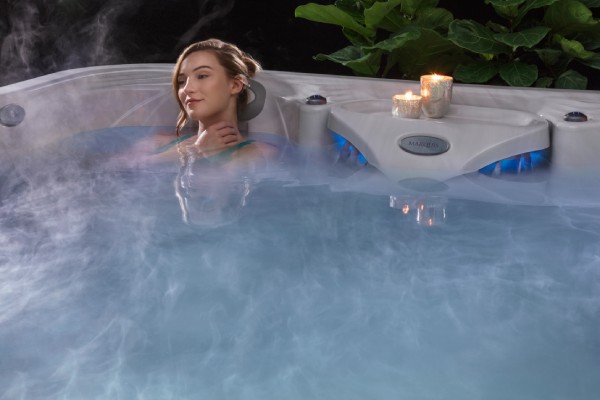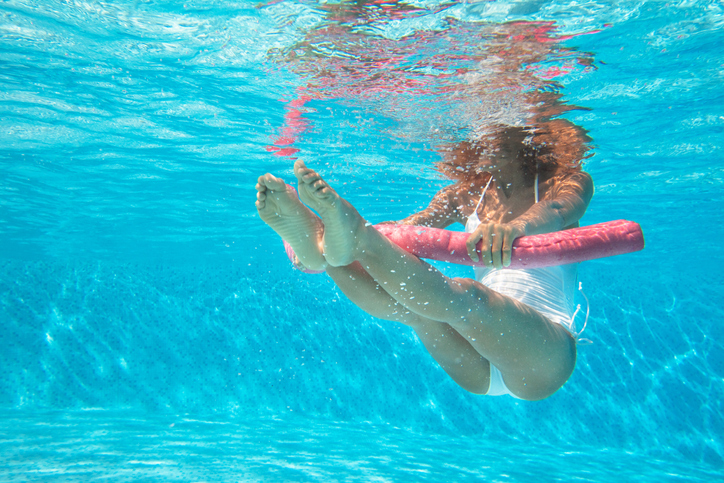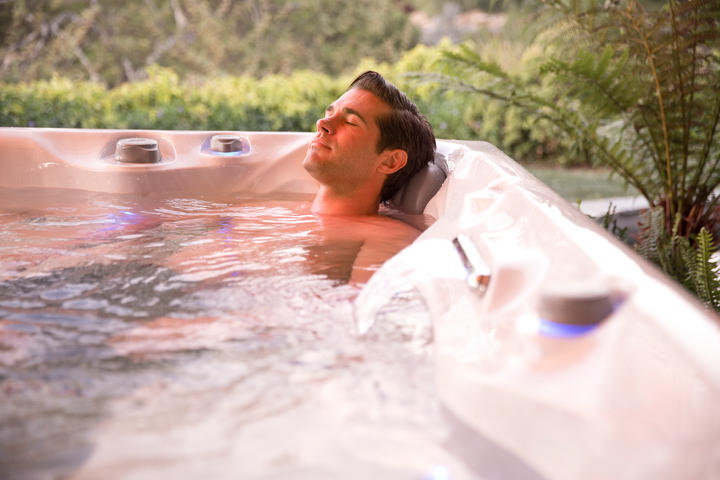Most pool owners dread the winter months. This may partly have to do with the frigid temperature putting a damper on outdoor pool activities, but one reason many pool owners dread the winter months is because of the need to close their pool.
While closing your pool can be difficult, it’s necessary to ensure the pool’s longevity and to make opening it back up in the warmer months a smooth and easy process.
However, with the right tips, it’s possible to make a pool’s transition into winter hibernation a streamlined process.
How To Prepare For Closing Your Pool – 3 Easy Steps
One of the biggest steps for properly closing your pool is ensuring you have the gear necessary to protect your pool’s water. You’ll need to make sure you have pool cleaning pool supplies. This includes a surface skimmer, a pool brush, and an automatic pool cleaner.
You’ll also need the proper chemical to clean your water before closing it.
There are many pool wintering kits that have all the necessary chemicals and instructions.
Finally, you’ll need a place to store all your tools and pool accessories after you complete the closing process. You may also want to include a pool cover if your pool is in an area susceptible to falling leaves or branches.
1. Clean Your Pool Thoroughly
Before treating your pool’s water, clean it thoroughly to ensure opening it takes as little time as possible. To do this, start by skimming any surface debris in your pool. Afterward, you can brush your pool’s walls to break free dirt and grime your pool has gathered.
Next, you can run your automatic pool cleaner to clean the floor of the pool. It’s important to only use the cleaner after scrubbing with a brush, so all the dirt that is scrubbed away falls to the pool’s bottom and is cleaned up by the cleaner.
You can also take this time to clean filters and pumps.
2. Add the Right Chemicals
Now that your pool is spotless, it’s time to add some chemicals that will help the water stay clean throughout the winter.
Start by adjusting the pool’s pH to within an acceptable range and adding enough chlorine.
Once this is done, add the chemicals from your wintering kit as directed.
Some of these pool chemicals will deter algae growth and slow scale buildup on your pool’s walls while it sits dormant. Now that the pool is treated, you can place your pool cover over it to protect your water from contamination.
3. Store Pool Accessories
Part of the fun of having a pool is all of the accessories that come along with them.
If you’re a long-time pool owner, there’s a chance you’ve built up quite a collection of floats, water toys, and pool noodles.
You don’t need a shed to store all of these items properly, but to protect them during the winter months, try to find a covered area to place them in.
Before storing them away, ensure they are clean, dry, and ready to use for the next season.
Pool Care in Robbinsville, Hillsborough, and Lawrenceville
Closing your pool and the overall pool care for both below-ground and above-ground pools can be a lot of work, but we’ve can help you.
Check out our blog for more information on how to keep your pool clean and provide proper pool care.
We can even supply you with the necessary equipment if you visit National Pools in Robbinsville, Hillsborough, and Lawrenceville, New Jersey.





